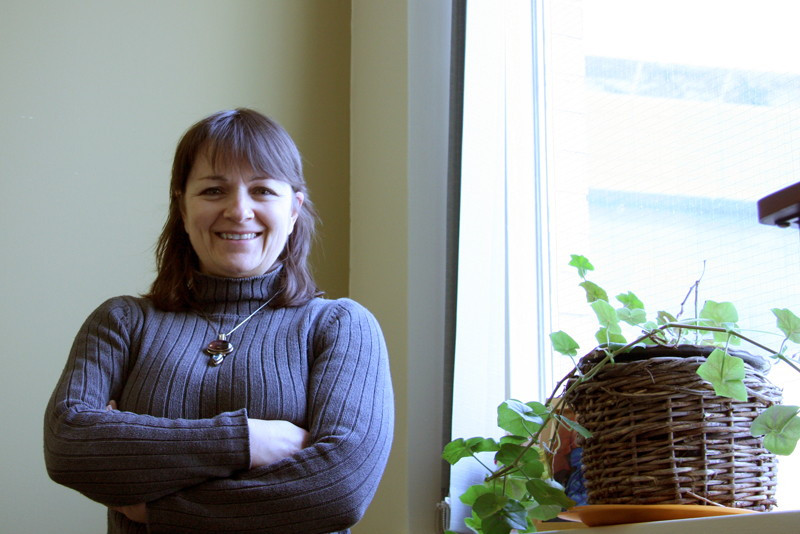Bad house? Bad health!
Problems with low-income housing may negatively affect residents’ health
Houses and apartments can have a negative effect on the health of individuals living in them if they are not well maintained.
Kate Sjoberg, executive director of the Spence Neighbourhood Association, said that she hears stories from people every day about the state of their living space.
“We hear about the way housing affects the health of people everyday…bed bugs continues to be a huge issue – a fact that’s not being dealt with at all,” she said.
The Spence neighbourhood has an aging housing stock that makes it vulnerable to decay. Houses can be poorly heated or have a draft or have faulty appliances. For owners these can be expensive to fix, and landlords may not be willing to make needed improvements for rented homes.
As part of a speaker series, the Public Health Agency of Canada and the University of Winnipeg Urban and Inner City Studies Department, held a presentation on health and housing in Canada.
The director of the Canadian Centre for Policy Alternatives in Manitoba, Shauna MacKinnon, was one of the speakers in the series. She said that the CCPA has done a lot of work over the last five years in studying the effects of housing on health.
“ We should all be concerned about the marginalized around us who live in these conditions.
Shauna MacKinnon, director of Canadian Centre for Policy Alternatives
“Housing is a major concern for people living in low-income situations,” she said.
MacKinnon pointed to over-crowding and landlords not keeping up with maintenance as major factors in increasing the spread of diseases and damaging immune systems.
“You see it all across the city in pockets, but because housing is older in the inner-city there is a bigger challenge there,” she said.
Jim Silver, co-director of the Urban and Inner City Studies Department at the University of Winnipeg, said that the government should step in and provide the spaces.
“The real difficulty is that the private market does not provide affordable housing for low-income individuals,” he said, adding that in a cold climate like Winnipeg’s, people need proper shelter.
Silver believes that investment in improving or building new rental properties is the best way to provide spaces.
The SNA has focused on improving the housing situation of homeowners in the neighbourhood by renovating houses and tearing down old properties not worth the upkeep. The SNA also tries to inform homeowners on how to make upkeep affordable.
Health issues go beyond just the inner city, said MacKinnon, adding that Winnipeggers should recognize the state of low-income housing stock.
“We should all be concerned about the marginalized around us who live in these conditions,” said MacKinnon.
Published in Volume 63, Number 22 of The Uniter (March 5, 2009)








